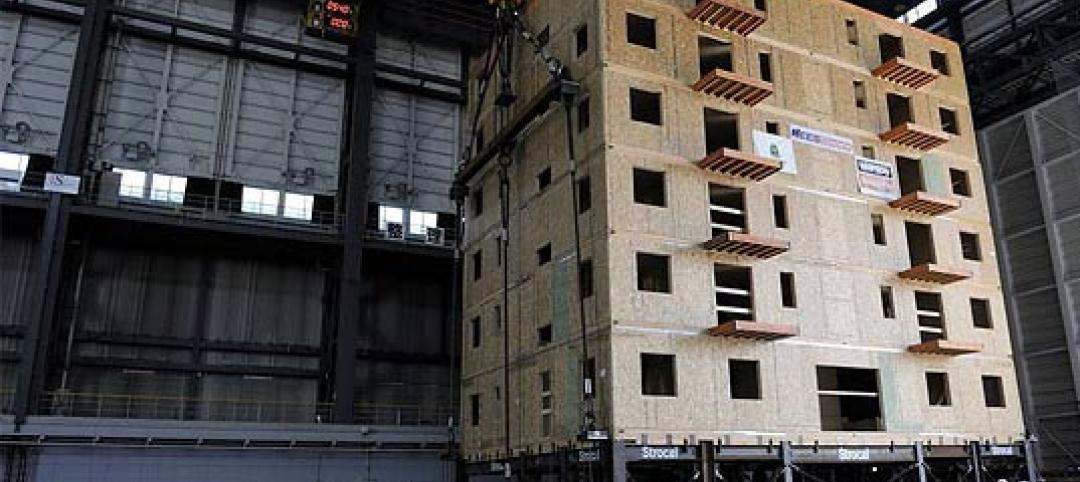A new coalition of Ontario contractors, construction associations, suppliers and trade unions will push for a revival of prompt payment legislation late this year.
The Council for Ontario Construction Associations (COCA) says it will lobby for new legislation that would require developers and prime contractors to pay their subtrades in a timely fashion. COCA says the issue has plagued the industry for decades.
The last attempt to draft legislation died in committee last March when the Ontario executive branch decided to launch an independent review of the Construction Lien Act. For decades, industry groups have been pursuing an overhaul of the Lien Act, but would rather have a separate act to deal with the slow payers rather than those who default.
Rick Thomas, manager of the Sault Ste. Marie Construction Association, told Northern Ontario Business that it’s a 30-year-old industry problem where the money from the top of the project pyramid doesn’t always get properly distributed to the trades at the bottom. And Ontario’s Lien Act is too cumbersome, difficult to understand, and expensive for his members to apply.
Related Stories
| Nov 14, 2013
GSA asks for input to help study energy-efficient technologies on its buildings
The General Services Administration has posted a request online, asking those in industry, academia and nonprofits for information on green building technologies.
| Nov 14, 2013
Document on gypsum boards sets stage for preparing Environmental Product Declaration
The Gypsum Association has completed the development of a product category rules (PCR) document for North American gypsum boards.
| Nov 14, 2013
ISO, FLASH team up to promote stronger building codes
ISO has joined the national nonprofit Federal Alliance for Safe Homes (FLASH) to encourage communities to build disaster-resistant buildings that can withstand hurricanes, tornadoes, earthquakes, and other catastrophic events.
| Nov 6, 2013
Cost to small businesses from silica rule is raised by progressive group
The silica-dust rule from the Occupational Safety and Health Administration could put small businesses at a disadvantage on the cost of complying with the mandate, according to the Center for Progressive Reform.
| Nov 6, 2013
Uneven snow load concern prompts structural study of Minnesota college auditorium roof
The roof of the Memorial Auditorium of Concordia College in Minnesota will undergo a complete structural analysis because it was built to 1946 codes and may not be able to accommodate uneven snow loads.
| Nov 6, 2013
Dallas’s goal of carbon neutrality by 2030 advances with second phase of green codes
Dallas stands out as one of the few large cities that is enforcing a green building code, with the city aiming to be carbon neutral by 2030.
| Nov 6, 2013
Task force to examine resiliency in the face of climate change
President Barack Obama recently signed an executive order related to climate change and disaster-management efforts during severe weather events and other disasters.
| Nov 6, 2013
USGBC Northern California chapter focuses on improving indoor environments in green buildings
The Northern California branch of the U.S. Green Building Council is leading the “Building Health Initiative” that seeks to improve the indoor environment of green buildings.
| Oct 31, 2013
OSHA enacts 47-day extension for comment period on silica-exposure rule
The Occupational Safety and Health Administration has extended the public comment period on its silica-dust exposure rule by 47 days.
| Oct 31, 2013
Updates to California’s building codes take effect Jan. 1
Green-building and accessibility are the major themes of the 2013 updates to California’s construction codes that are set to take effect Jan. 1.
















